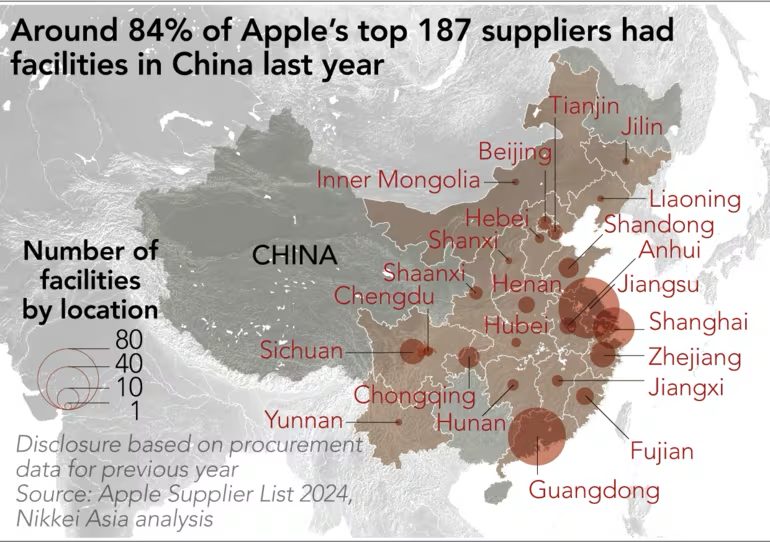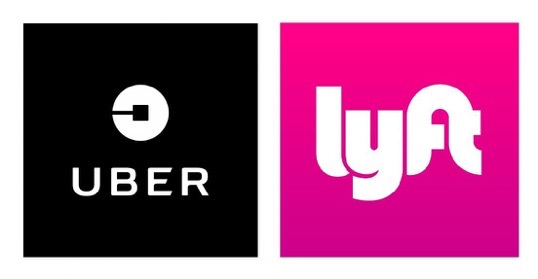
Uber and Lyft to Get No Limits on Fleet Size and Surge Pricing in B.C.
Ride-hailing apps such as Uber and Lyft will not have any restriction of the number of cars in their fleet or surge prices, according to a new set of guidelines from the Passenger Transportation Board (PTB) of British Columbia.

The new set of recommendations announced by PTB board chair Catharine Read sets no restrictions on the number of cars that can offer rides on Uber or Lyft reports the Vancouver Sun. This will allow Lyft and Uber to grow their fleet in the province further. However, this may not be forever. “As data becomes available, fleet size may be re-addressed,” she said.
Another change that might raise eyebrows is the unrestricted surge-pricing. The new guidelines allow ride-hailing companies’ algorithms free ride when it comes to fixing prices. There won’t be any cap on the rates these companies can charge during rush hours or special events. The next time you book an Uber ride after a holiday party, the surge price might raise your eyebrows.
While leaving no cap on the maximum that Uber or Lyft can charge, the PTB has said that ride-hailing services operating in B.C. cannot charge less than the province’s existing taxi-flag rates that stand between $3.25 and $3.95.
The Vancouver Taxi Association, however, is not happy with the new arrangement. “The government has broken its promise to the taxi industry that it would be treated equally with ride-sharing companies regarding the transportation of passengers for a fee,” said the association spokesperson Carolyn Bauer.
“We are also requesting an urgent meeting with the premier to understand why his government is reneging on its commitment of an equal playing field in the passenger transportation industry,” she added. The association is said to be working with their lawyers to explore legal options.
Lyft’s Response
Lyft reacted to the PTB decision by issuing iPhone in Canada the following statement, as per Peter Lukomskyj, GM for Lyft B.C.:
We appreciate the Passenger Transportation Board’s decision to establish an innovative model that does not include municipal boundaries and caps at this time. While we are disappointed that the regulations do not include a provincial boundary, we are pleased that large geographic regions were taken into account. Our vision is to one day offer our proven transportation network throughout the province, but the Class 4 commercial licensing requirement will make it more difficult for us to deliver the reliable ridesharing service B.C. residents have been requesting for years. We are committed to B.C. and will continue to work with the PTB and the Province to create the conditions for us to bring Lyft to the Lower Mainland before the end of the year, and to more regions throughout B.C. in the future.
What do you think about this change for Uber and Lyft in BC?
